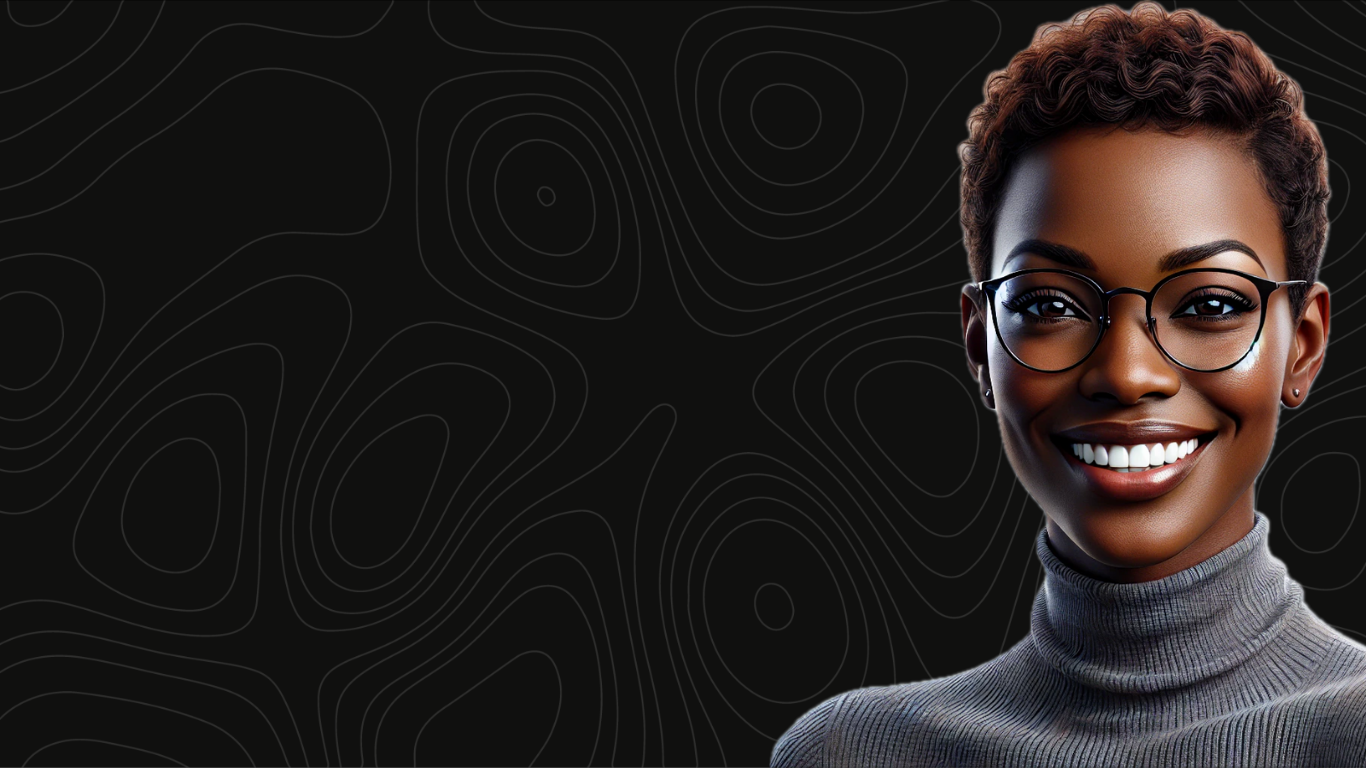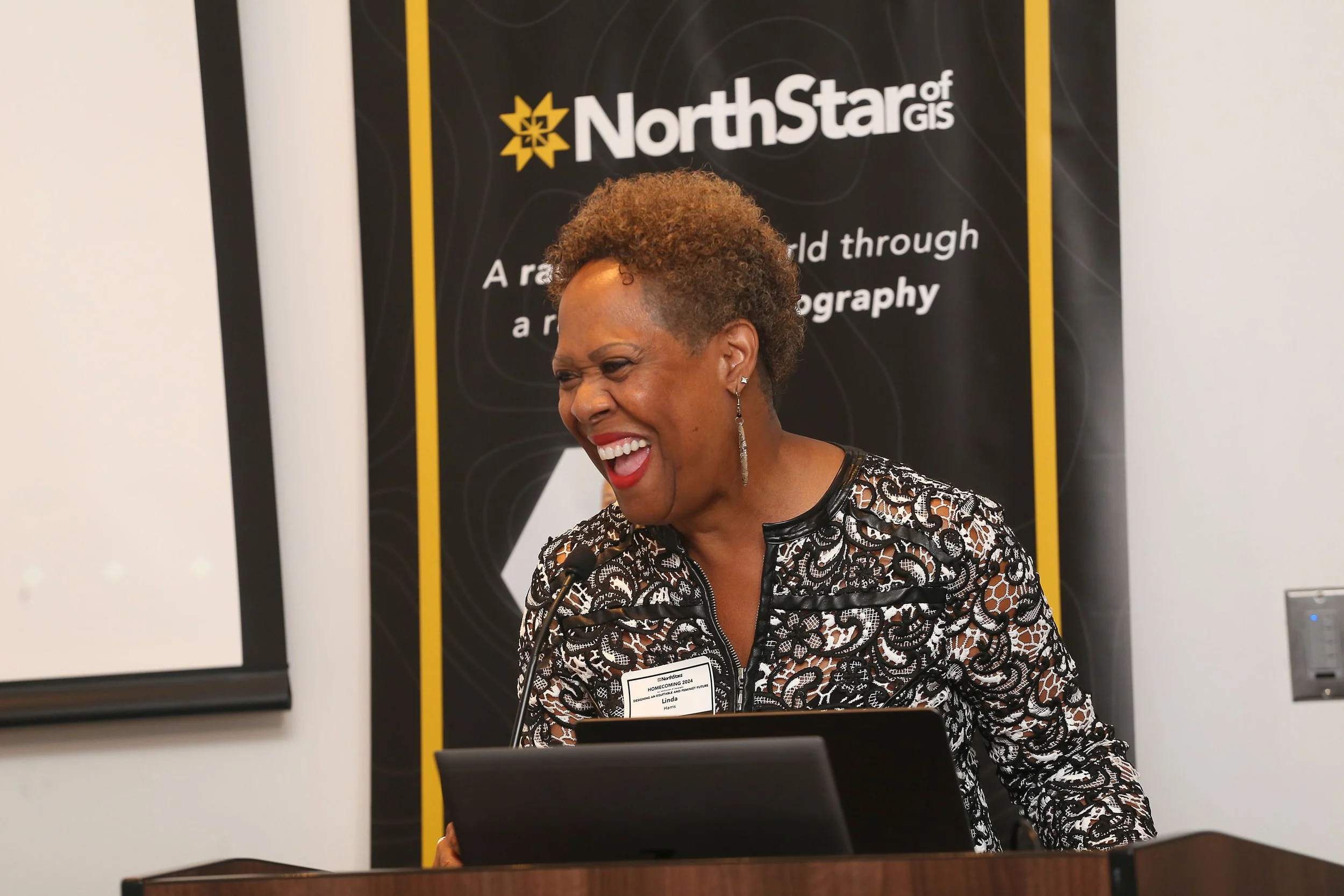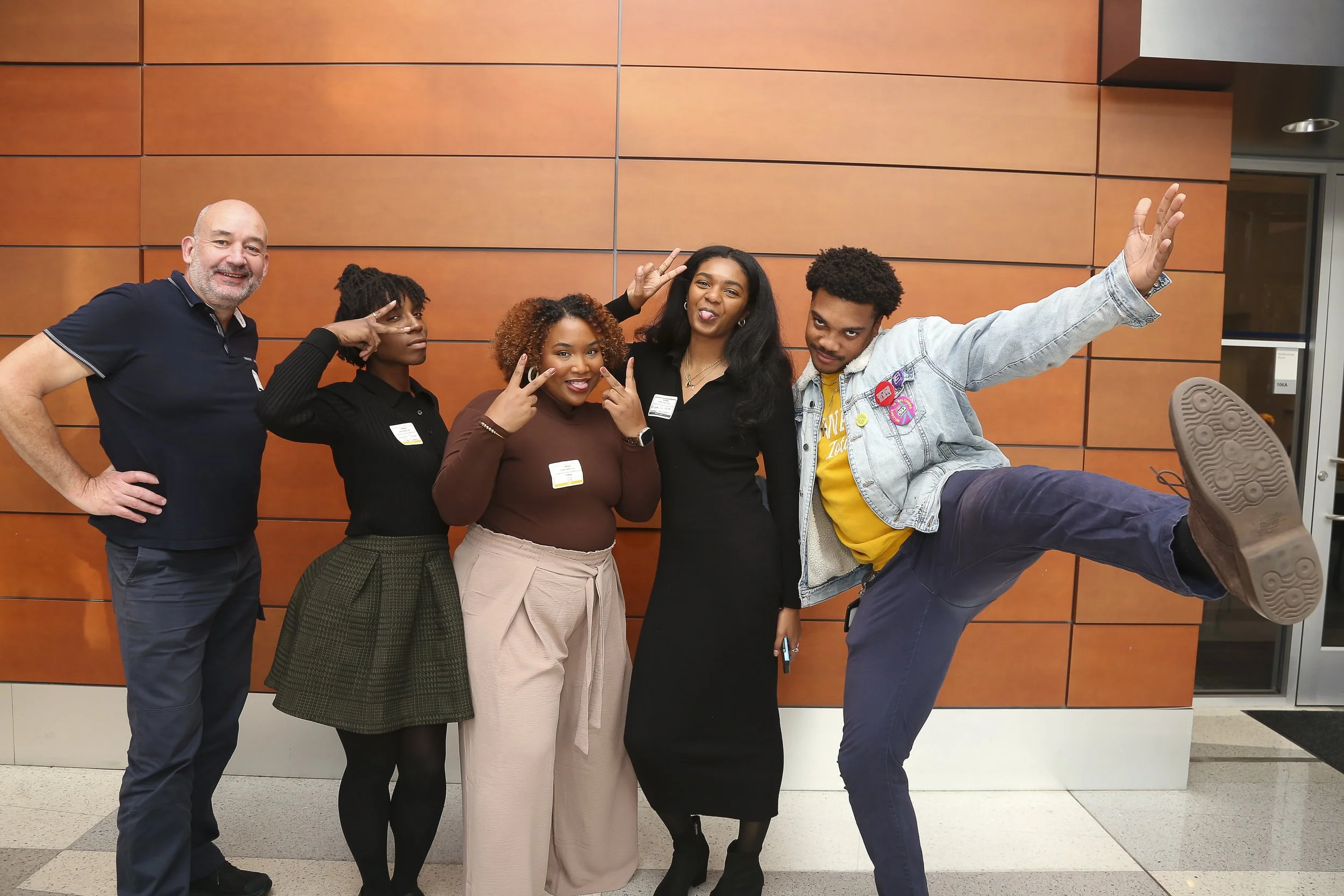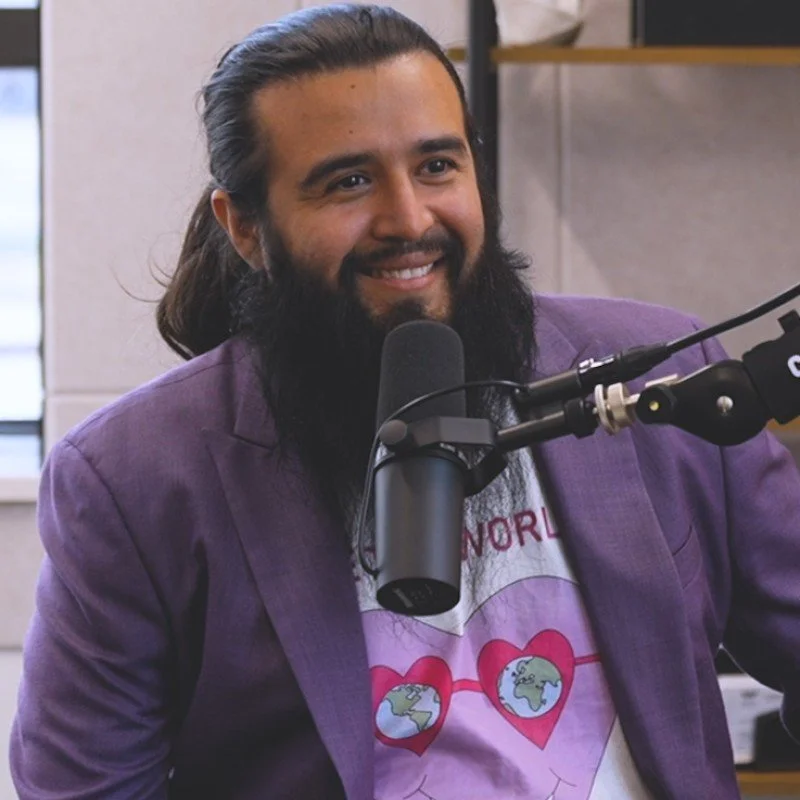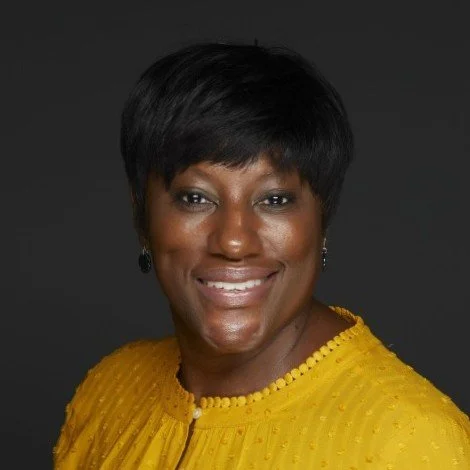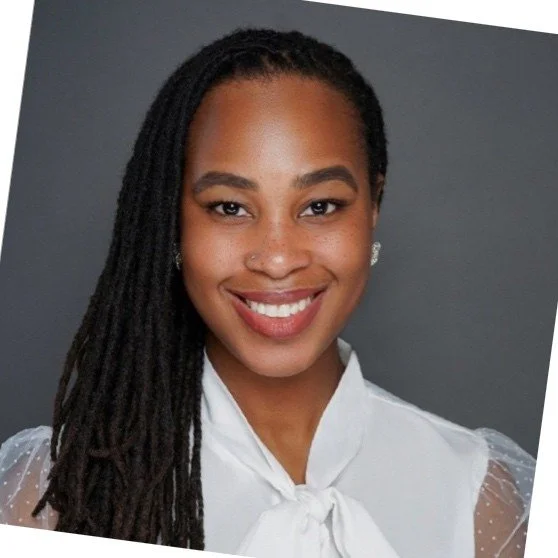Melanated & mapping:
NorthStar of GIS is a global movement uplifting Black geo-leadership, challenging systemic inequities, and advancing antiracist geospatial practices that honor the Black diaspora.
Annual Conference
November 19–20, 2025
Howard University
Washington, D.C.
Theme: Our Impact. Our Legacy. Our Future.
Emerging Theme for 2026: Legacy Building: Mapping the Next 100 Years
Our flagship event brings together GIS professionals, educators, community leaders, and advocates to reflect on Black impacts in GIS, explore what’s next, and shape a shared future.
Our Why
NorthStar of GIS promotes racial justice and equity through geography and GIS. We’re building spaces where Black communities are not only included—but centered, celebrated, and leading. Our vision is a world where geo fields reflect our histories, amplify our presence, and fuel justice.
What We Do
-

Horizons: Engaging Events
Celebrate and spotlight Black brilliance in geo through events like Black History Month, Homecoming, and Black@GeoEvents.
-

Bridge: Making Connections
Connect Black students and professionals with mentorship, scholarships, safer spaces, and career opportunities.
-

Telescope: Our Stories
Amplify stories of Black geo stars changing our world through narrative and visibility.
-

Guides: Education & Advocacy
Offer training and consulting that centers intersectional equity and community empowerment.
Fuel the Movement
Your support powers scholarships, storytelling, safer spaces, and systemic change in GIS. Every dollar helps us increase Black representation in geo fields and build a racially-just geography.
Afrofuturism & GeoSTEM: Hear from members of the Melanated & Mapping Community
Join the Melanated & Mapping Community
Whether you're a student, educator, ally, or innovator—there’s space for you at NorthStar. Volunteer, serve on a committee, share your story, or help us build a world shaped by equity and belonging.
“We hope more GIS people can join to help improve our communities.”
Frank Romo
“geography, GIS, and mapping gives people the tools and knowledge to understand their own situation, visualize it, and communicate it to solve challenges in their communities.”
Fay Gore
“we live in the built environment and are impacted by inequities, natural disasters, policy, and other forces shaping our lives.”
Yolanda Richards
